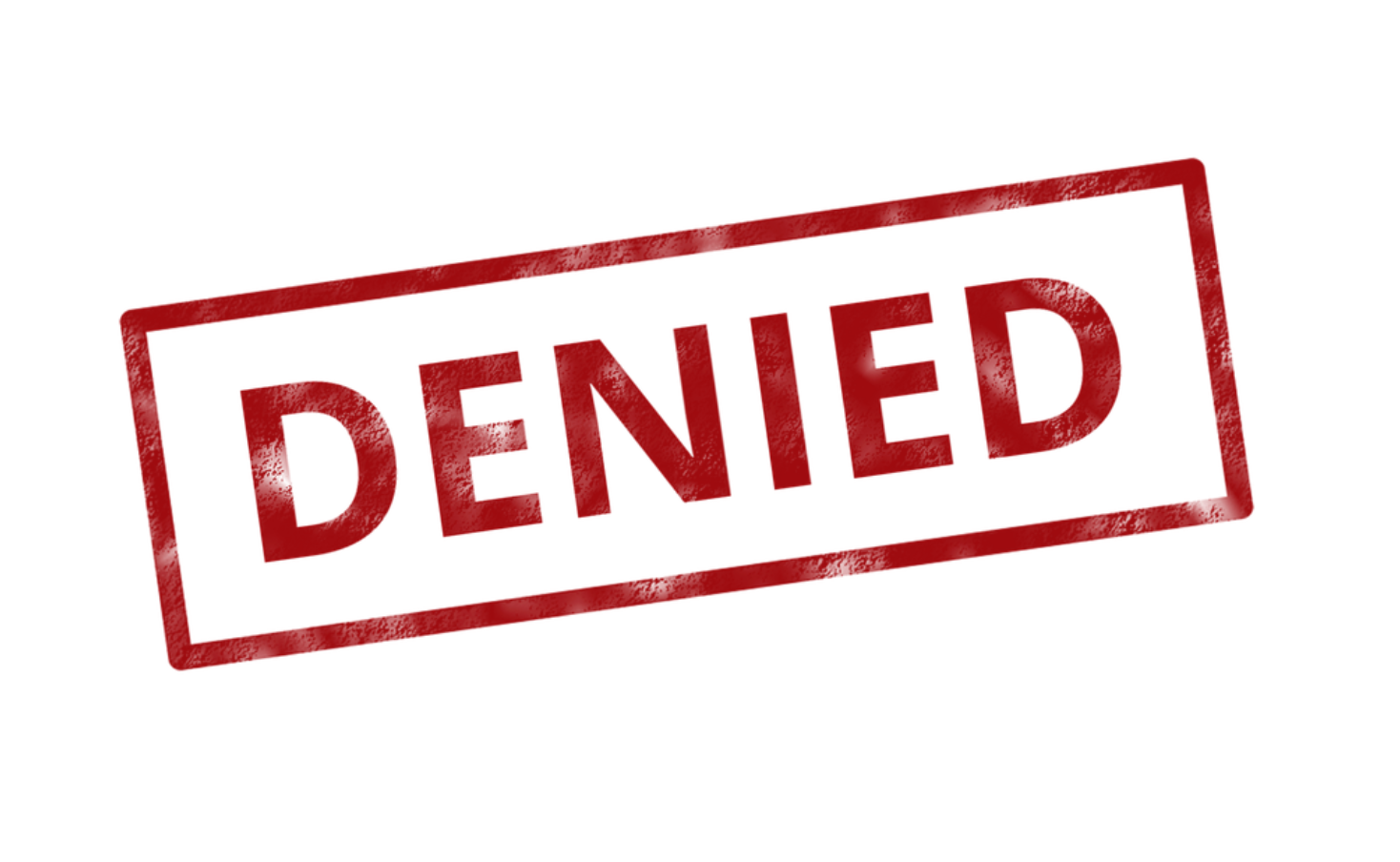Beyond the technical aspects of filing claims and appeals, it’s crucial to recognize the emotional strain on workers.
Experiencing a workplace accident can be devastating, and having a workers’ compensation claim denied only adds to the stress. Understanding the reasons behind a denial and knowing the next steps can help in navigating this challenging scenario. It is essential to take timely and informed actions to safeguard rights and ensure proper compensation.
Understanding Denial Reasons
A workers’ compensation claim may be denied for various reasons. One common issue involves inadequate documentation of the injury. For instance, failing to report the injury promptly or not providing detailed medical records can lead to a denial. In some cases, the insurance company might argue that the injury is not work-related or that it occurred outside of employment duties.
Another reason could be related to pre-existing conditions. If an insurance company believes that a condition was present before the incident, it might deny the claim. Misunderstandings or discrepancies in how the accident happened can also result in denial, especially if witness statements do not align with the reported events.
Reviewing Denial Letters
The denial letter from an insurance company contains crucial information about why a claim was denied. Carefully examining this document helps identify specific issues that need addressing. The letter will outline reasons for denial and may provide instructions on how to appeal the decision.
When reading through the denial letter, it is important to note any deadlines for filing an appeal. Missing these deadlines can jeopardize chances of overturning a denial. Keeping organized records of all correspondence with insurers and employers will aid in building a strong case during appeals.
Gathering Additional Evidence
To successfully appeal a denied claim, gathering additional evidence is vital. This means collecting any missing documentation or records that support the claim. Medical records should clearly demonstrate how injuries are related to workplace activities.
Witness statements from colleagues who saw the accident can provide valuable support as well. These statements should include detailed descriptions of what happened and emphasize that the injury occurred while performing job duties.
Seeking Medical Expertise
Consulting with healthcare professionals who understand workers’ compensation claims ensures that medical evidence aligns with legal requirements. These professionals can offer insights into how injuries impact daily functioning and validate their connection to workplace activities.

A thorough medical evaluation may also uncover aspects of an injury initially overlooked, providing further evidence necessary for appealing a denied claim effectively.
Filing an Appeal
Once equipped with additional evidence, proceeding with an appeal becomes feasible. Each state has specific processes and timelines for filing appeals against workers’ compensation denials, so it is critical to adhere closely to these guidelines.
Preparing a comprehensive appeal package involves presenting all gathered evidence in an organized manner along with a clear explanation of why benefits should be granted based on this new information.
Consulting a Workmans Compensation Attorney
Enlisting professional assistance from a workmans compensation attorney such as a member of the legal team at Siben & Siben LLP can significantly enhance prospects during appeals or when pursuing further legal action if necessary. These attorneys specialize in understanding complex legal frameworks surrounding workers’ compensation laws and have experience dealing with insurance companies.
An attorney will guide through each step of filing an appeal or lawsuit by providing expert advice on gathering appropriate evidence and representing interests effectively before judges or review boards if needed.
Maintaining Open Communication
Consistent communication between injured workers, their employers, health providers, and attorneys plays an essential role throughout this process. Keeping everyone informed allows seamless coordination when presenting cases during hearings or negotiations with insurers seeking fair settlements after workplace accidents occur.
Emotional Support During Legal Proceedings
Navigating the complex world of workers’ compensation claims can be emotionally taxing, especially when combined with the stress of recovering from a workplace injury. Beyond the technical aspects of filing claims and appeals, it’s crucial to recognize the emotional strain on workers. Accessing supportive resources, such as counseling services, can significantly aid in the healing process. These services provide invaluable support, helping individuals manage stress and emotional challenges. By focusing on emotional well-being alongside physical recovery, workers can achieve a holistic resolution, leading to a more complete and successful healing journey. Ultimately, ensuring emotional support helps restore hope and well-being, empowering individuals to move forward confidently.


Join the conversation!